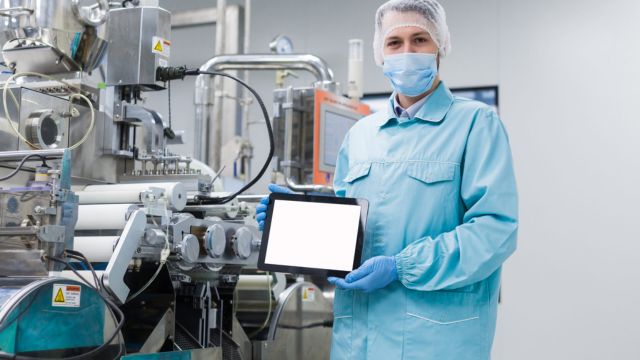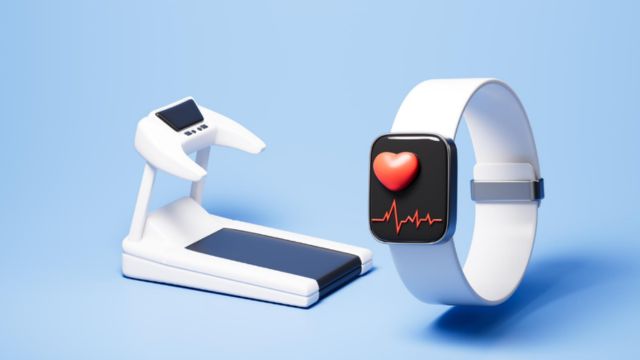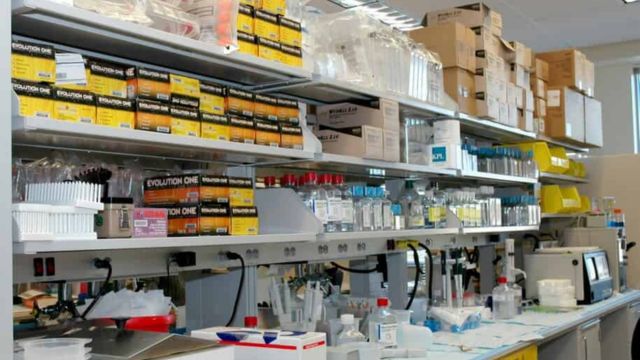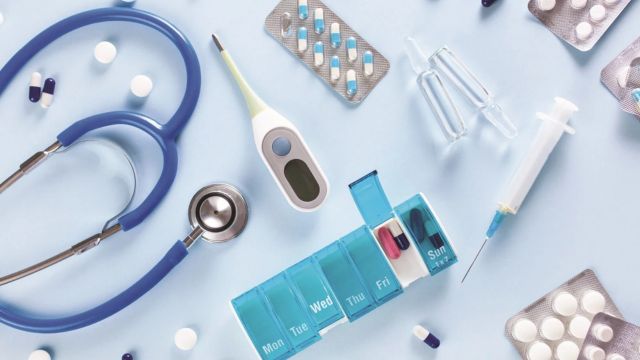The fast development of smart sensors is revolutionizing sectors all around, including the medical device manufacturing industry. These sensors—which offer real-time data and insights—are enhancing product quality, safety, and efficiency in addition to altering device manufacture. Smart sensors have become a great tool in medical device manufacture as manufacturers search for means to satisfy ever stricter regulatory criteria and rising market needs. Let’s investigate how clever sensors are transforming this vital sector.
Improving Product Quality with Real-Time Data
Improving the quality control process is one of the most important ways smart sensors are transforming the creation of medical devices. Quality control in conventional manufacturing can sometimes be reactive—that is, problems are only found as they arise. Smart sensor integration allows manufacturers to monitor important production-time key variables, including temperature, pressure, and humidity, in real time.
Smart sensors, for instance, can track the molding temperature during plastic medical device manufacture. Should the temperature stray from the ideal range, the system will notify operators, so avoiding flaws before they start. By means of proactive quality control, scrap rates are lowered, so guaranteeing a more constant and better product. Moreover, this information can be kept for the next research, so enabling manufacturers to keep their processes always better over time.
You may like this: Collaborative Robotics (Cobots) in the Medical Device Manufacturing Process
Enhanced Traceability and Compliance
Following legal guidelines is absolutely vital in the medical device manufacturing sector. Devices have to satisfy strict criteria set by groups including ISO (International Organisation for Standardising) and the FDA (Food and Drug Administration). By offering a continuous stream of traceability data, smart sensors help guarantee manufacturers follow these criteria.
Smart sensors let producers track and audit a digital footprint created by recording important production variables all through the manufacturing process. This information offers open documentation for compliance needs, so facilitating the proving of regulatory adherence. When a device is ever recalled because of a flaw, for example, the sensor data can be used to track the precise manufacturing conditions, so guaranteeing responsibility and openness.
Optimizing Production Efficiency
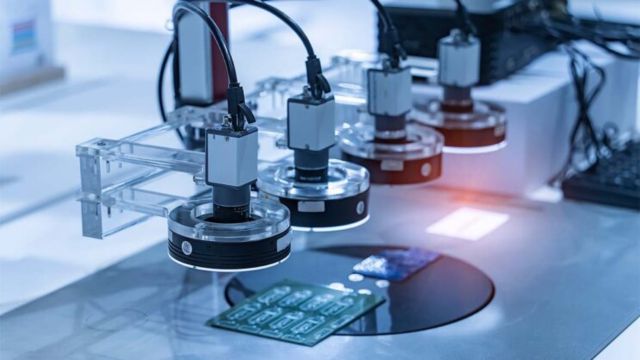
Manufacturers are continuously trying to maximize production efficiency while keeping quality. This is mostly dependent on smart sensors since they monitor machine performance in real time. Among other operational criteria, they can monitor energy consumption, motor speed, and vibration.
Constant monitoring of these indicators helps manufacturers understand equipment wear and tear, so facilitating predictive maintenance. A sensor might, for instance, find that a machine is displaying wear before it totally fails, allowing repairs to be done without stopping output. By means of this predictive maintenance strategy, production schedules are guaranteed to be satisfied without delay and downtime is lowered.
Smart sensors also help to maximize resource use, including energy, labor, and materials. For instance, a sensor might notify the team to take corrective action if it finds that a particular section of the manufacturing line is using more energy than required, so reducing waste and expenses.
Enabling Automation and Integration
The ability of smart sensors to support automation is another way they are transforming the production of medical devices. Industry 4.0 is driving a change whereby smart sensors are at the core and manufacturing systems are getting ever more linked.
Automated systems made possible by sensors let manufacturers to respond dynamically to real-time data, so streamlining and allowing more flexibility. For instance, sensors in robotic arms can allow them to modify their motions depending on the kind of medical equipment being manufactured, so guaranteeing accuracy in assembly.
While lowering the possibility of human error, this degree of automation raises output. It also facilitates manufacturers’ rapid demand-adjusting ability and capacity to scale output. Furthermore, sensors can compile information from all stages of the manufacturing process and feed it into a centralised system for study and decision-making. This enables producers to make wise, fact-based decisions that raise production speed and quality.
Enhancing Device Performance and Longevity
Apart from enhancing the manufacturing process itself, smart sensors are absolutely essential for maximising the lifetime and performance of the produced medical devices. Medical equipment can have sensors built inside to track performance long after they are produced. A smart pacemaker might, for instance, include sensors measuring heart rate, battery levels, and general device functionality, so giving real-time data to doctors.
Incorporating these sensors helps manufacturers make sure devices run as they should all through their lifetime. Early indications of failure or degradation found by these sensors enable preventative maintenance or replacement. Critical medical devices, where device failure could have grave effects, depend especially on this predictive maintenance capability.
You may like this: Managing Supply Chain Disruptions in the Medical Manufacturing Industry
J & J Supplies is dedicated to provide the most current medical manufacturing insights to keep ahead in this always changing sector. We have the tools you need whether your interests are in more information on the newest medical supplies or updates on clinical engineering trends. Maintaining the competitiveness of your company depends on your being informed and using our professional recommendations. For further information and let us assist you negotiate the future of medical device manufacture today.
Frequently Asked Questions (FAQ)
What types of smart sensors are used in medical device manufacturing?
Smart sensors in medical device manufacturing include temperature sensors, pressure sensors, humidity sensors, motion sensors, and vibration sensors. These sensors are used to monitor and control various production parameters to improve quality, reduce defects, and ensure compliance with regulations.
How do smart sensors improve the quality of medical devices?
Smart sensors provide real-time monitoring and data collection during the production process, allowing manufacturers to detect and address potential issues before they affect the product quality. This proactive approach ensures consistent product performance and reduces defects.
Can smart sensors help with regulatory compliance in medical device manufacturing?
Yes, smart sensors provide detailed traceability data throughout the manufacturing process, which can be used to demonstrate compliance with regulatory standards such as FDA and ISO. The data recorded by sensors can be used for audits and to ensure that devices meet the required safety and quality standards.
How do smart sensors contribute to the efficiency of manufacturing?
Smart sensors enable predictive maintenance, optimize resource utilization, and monitor machine performance in real-time. By identifying issues early and providing insights into production processes, smart sensors help reduce downtime, lower costs, and improve overall production efficiency.
Can smart sensors be used in the final medical devices?
Yes, smart sensors can be integrated into the final medical devices to monitor their performance post-manufacturing. This allows for continuous data collection and predictive maintenance to ensure the devices function optimally throughout their lifespan.

